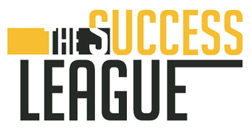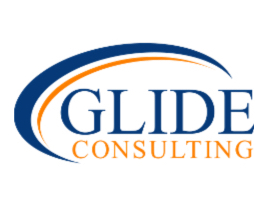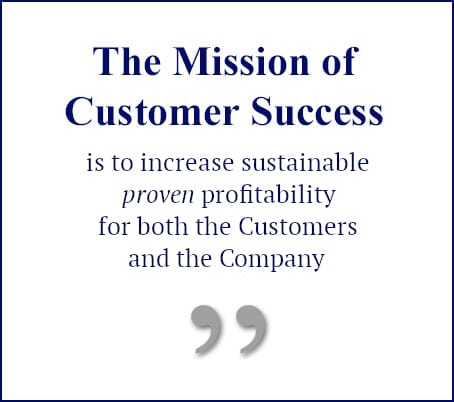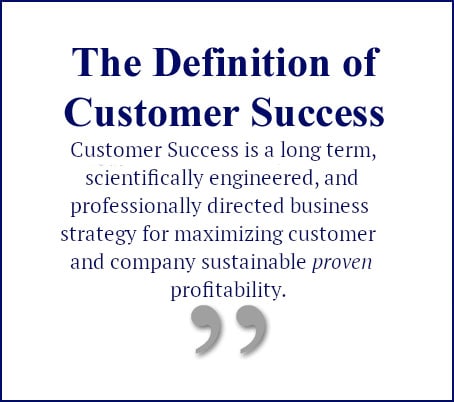I recently did an interesting research exercise that involved reading and analyzing 100+ open job announcements on LinkedIn. I only looked at CSM positions, and favored software companies.
I’ve long known that companies copy each others job announcements, changing only a few words before reposting them. Some firms do a very good job of describing their positions, while others can’t seem to be bothered — or haven’t a clue as to what a CSM is and does. Too many of those I reviewed fell into the latter category.
I’ve strongly advised CS executives for years not to take position announcements and verbal promises made in interviewing at face value. Get it in writing, and in great detail. Don’t assume; ask, and be certain to get appropriate answers. The same is true for customer-facing CSMs. Pay particular attention to performance evaluation metrics — another point that few, if any, position descriptions cover.
Who/What are You Looking For in a CSM Candidate?
 Information about a company’s style and strategic outlook is certainly of interest to serious CS candidates, but not many are going to make acceptance decisions based on how cool a company claims to be. Perks are nice, but be careful: if the standard list includes free lunch and dinner, you may be sending the wrong signal about work/life balance.
Information about a company’s style and strategic outlook is certainly of interest to serious CS candidates, but not many are going to make acceptance decisions based on how cool a company claims to be. Perks are nice, but be careful: if the standard list includes free lunch and dinner, you may be sending the wrong signal about work/life balance.
I want to work at a company where I can practice my chosen profession to my own standards. I want to get involved with my assigned customers as early as possible in their journey. Not one of the open positions I reviewed mentioned the initial point of engagement with the customers. Not One.
I also want to use my expertise in working with Dev, Marketing and Sales to tune the product offering precisely to where it is most useful in increasing productivity and profitability for the customers. I want to work with Marketing to attract the best fit prospects, and with Sales to begin relationships with customers who will become Tier 1 assets. This is what a CS professional is and does — why is there no direct mention of this in the position advertisements
A Trustworthy Trusted Advisor?
 A very common term running through all of them is “trusted advisor.” But very, very few of the descriptions that mention it have any reference to domain/subject matter expertise as a job requirement or even as nice to have. How can you hope to be considered a trusted advisor without such expertise?
A very common term running through all of them is “trusted advisor.” But very, very few of the descriptions that mention it have any reference to domain/subject matter expertise as a job requirement or even as nice to have. How can you hope to be considered a trusted advisor without such expertise?
A key aspect of the CSM role is encouraging increasing user adoption of the application’s feature set. If the CSM has no perceived expertise in the customers’ business model and operations, explaining why a customer should use the new features or functionality will ring hollow.
Likewise, during the onboarding phase, it will be difficult to talk about best practices in configuration of the application if you can’t clearly explain why a particular approach is a “best” practice.
What Makes an Effective CSM Position Announcement?
When you read a CSM position announcement, what do *you* look for? Which terms and phrasing make you want to read further, and perhaps to consider applying? What automatically turns you off?
What do you consider to be best practices in customer success recruiting, and in creating a customer success manager position description. Why?
We’re discussing this topic in The Customer Success Forum on LinkedIn. Please join us there.









